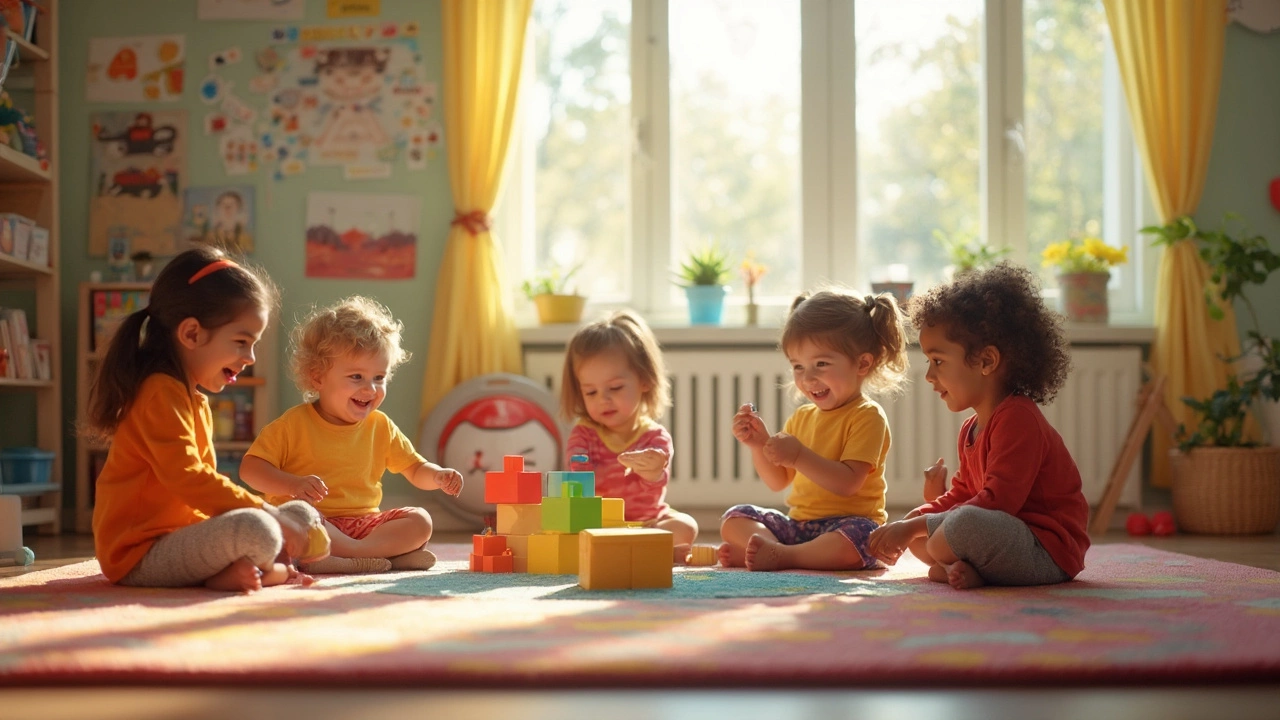Early Years Education: Practical Tips for UK Teachers, Parents & Kids
Starting school can feel like a big adventure for a four‑year‑old. The key is to give them chances to explore, talk and move every day. In this guide you’ll find clear, hands‑on ideas you can try at home or in the classroom right now.
Why Early Years Matter
Research shows that the first five years shape how a child thinks, speaks and handles emotions. Simple play can boost language, maths and social skills without the child even noticing they’re learning. In the UK, the Early Years Foundation Stage (EYFS) sets standards that focus on curiosity, safety and good habits – all things you can support with tiny daily actions.
Everyday Strategies You Can Use Today
1. Turn chores into games. Counting scoops of rice while setting the table or sorting socks by colour builds early numeracy. Add a timer and watch them race themselves – a fun way to practise focus.
2. Talk about feelings. When a child says they’re bored, ask, “What would make it fun?” This encourages emotional vocabulary and problem‑solving. Use picture cards or simple drawings if words are still new.
3. Read with rhythm. Choose rhyming books and tap out the beats together. Rhythm helps memory and makes new words stick. Try a short poem every bedtime and ask the child to fill in the missing word.
4. Outdoor discovery. A quick walk to the park can become a science lesson. Ask, “How many different leaves can you find?” and let them collect a few for a simple collage later.
5. Simple experiments. Mix water and food colouring in clear bottles and watch the colours blend. Kids love watching change, and they learn cause‑and‑effect without any heavy theory.
Mix and match these ideas based on the child’s interests. If they love dinosaurs, use dinosaur toys for counting or storytelling. The goal is to make learning feel like play, not a task.
Resources are also key. Blossom Learning offers printable activity sheets, printable sight‑word cards and step‑by‑step guides that match the EYFS framework. You can download a weekly planner that slots in a 10‑minute activity for each learning area, keeping the routine steady and predictable.
Remember, consistency beats intensity. A few minutes of focused play each day builds stronger habits than a long session once a week. Celebrate each tiny success – a high‑five, a sticker, or just a smile works wonders for motivation.
Early years education isn’t about perfection; it’s about nurturing curiosity. By weaving simple, daily experiences into a child’s routine, you set a foundation that lasts a lifetime. Start with one of the tips above, watch the magic happen, and keep building from there.

What Is Early Years Education? Understanding the Importance for Childhood Development
- by Eliza Fairweather
- on 28 Jun 2025
Explore what early years education means, why it matters, and how it shapes children's learning, development, and lifelong success. Find useful tips and real-life facts here.
